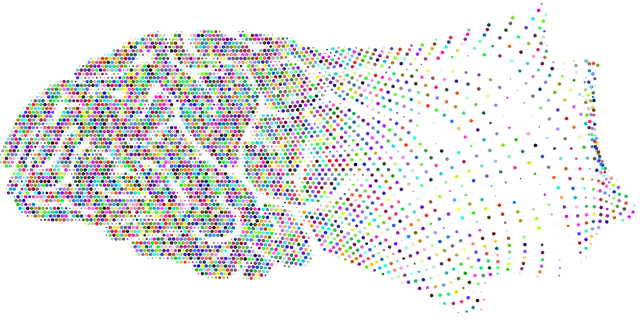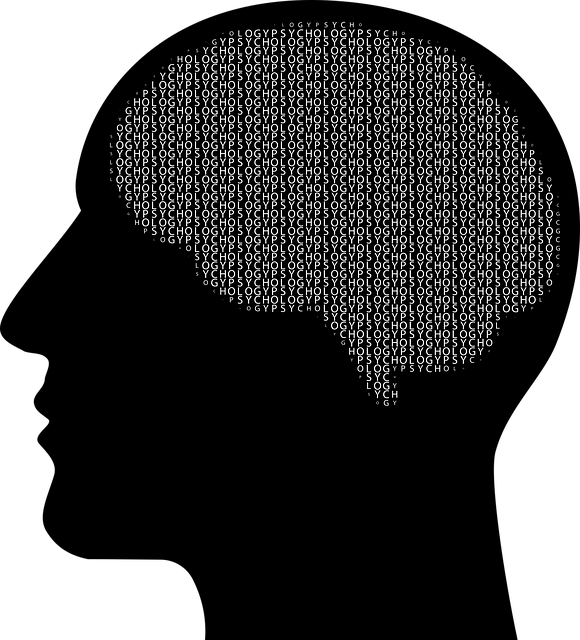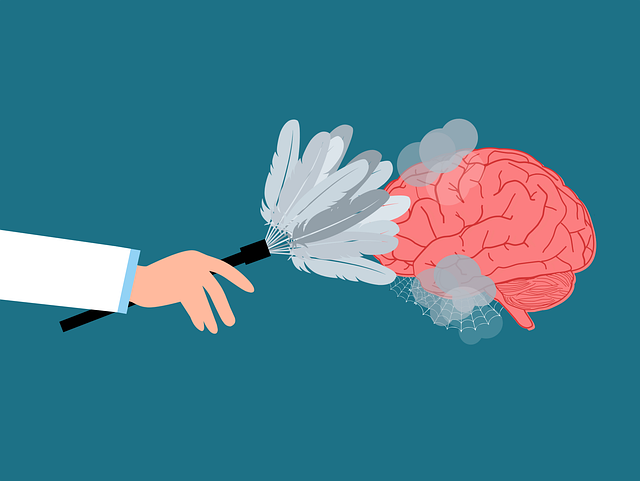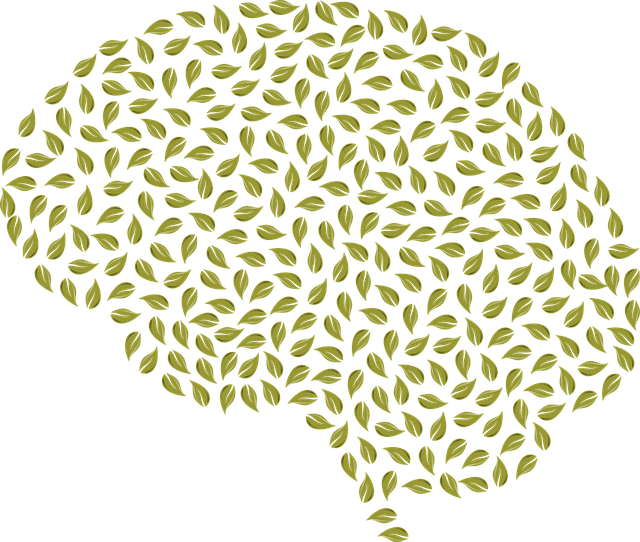Wheat Ridge Mental Health Evaluations are essential tools for personalized coaching programs aimed at enhancing mental wellness. These evaluations provide deep insights into an individual's psychological state, helping therapists tailor interventions using evidence-based therapy techniques like CBT and mindfulness meditation. Coaches use these assessments to craft unique wellness plans, addressing emotional healing, mood management, and risk factors. By fostering self-awareness, setting goals, and developing coping strategies, mental wellness coaches empower clients with the tools to improve resilience and overall well-being. The effectiveness of this approach is measured through comprehensive assessments that track progress in various dimensions of wellness over time.
Mental wellness coaching programs are gaining prominence as essential tools for fostering personal growth and resilience. This article explores the development of such programs, focusing on key components like integrating Wheat Ridge Mental Health Evaluations and therapy techniques. We delve into designing customized wellness plans tailored to individual needs and the pivotal role coaches play in facilitating this process. Additionally, we discuss assessment tools used to measure success, ensuring effective mental wellness coaching.
- Understanding Wheat Ridge Mental Health Evaluations: A Foundation for Coaching
- Integrating Therapy Techniques into Coaching Programs
- Designing Customized Wellness Plans for Individual Needs
- The Role of Coaches in Facilitating Personal Growth and Resilience
- Measuring Success: Assessment Tools for Mental Wellness Coaching
Understanding Wheat Ridge Mental Health Evaluations: A Foundation for Coaching

Wheat Ridge Mental Health Evaluations serve as a crucial foundation for coaching programs focused on mental wellness. These evaluations provide comprehensive insights into an individual’s psychological state, identifying areas of strength and weakness, and pinpointing specific challenges that may be hindering overall well-being. By understanding the results of these assessments, coaches can tailor their approaches to meet the unique needs of each client.
This initial step in the coaching process is pivotal for fostering effective therapy and supporting individuals in overcoming mental illness stigma. Through detailed analysis, coaches can design personalized strategies that enhance inner strength development and implement proven stress reduction methods. By combining evaluation data with empathetic guidance, these programs aim to empower participants on their journey towards improved mental health and resilience.
Integrating Therapy Techniques into Coaching Programs

In developing mental wellness coaching programs, integrating evidence-based therapy techniques is paramount to ensuring effectiveness. Wheat Ridge Mental Health Evaluations play a crucial role in this process by providing insights into an individual’s psychological state and tailoring interventions accordingly. Therapists can leverage these evaluations to incorporate strategies like cognitive behavioral therapy (CBT), mindfulness meditation, and other therapeutic approaches within coaching programs. By combining the structured nature of coaching with the depth of therapy, coaches can help clients cultivate inner strength and develop self-care routines for better mental health.
This integration fosters a holistic approach that addresses not just symptoms but also the underlying causes of distress. Techniques such as mindfulness meditation, when taught within these programs, empower individuals to manage stress, improve focus, and enhance overall well-being. Through regular practice, clients gain tools to navigate life’s challenges more effectively, fostering resilience and personal growth.
Designing Customized Wellness Plans for Individual Needs

In designing customized wellness plans, mental wellness coaching programs must consider each individual’s unique needs and circumstances. This involves comprehensive Wheat Ridge Mental Health Evaluations to assess factors like emotional healing processes, mood management challenges, and risk management planning for mental health professionals. By integrating these evaluations into the coaching process, tailored interventions can be developed that address specific issues, ensuring a more effective journey towards mental wellness.
Coaches play a pivotal role in guiding clients through personalized therapy sessions, focusing on actionable strategies to enhance emotional resilience. These plans cater to diverse backgrounds and experiences, recognizing that one-size-fits-all approaches rarely succeed in the realm of mental health. Through this individualized approach, coaches empower their clients to take control of their well-being, fostering sustainable improvements in their emotional healing processes and overall mood management.
The Role of Coaches in Facilitating Personal Growth and Resilience

Mental wellness coaches play a pivotal role in guiding individuals toward personal growth and resilience. Through regular sessions, they facilitate self-discovery by helping clients understand their unique strengths, weaknesses, and triggers. By incorporating techniques like self-awareness exercises, coaches empower people to navigate life’s challenges with greater clarity and confidence. This supportive environment encourages individuals to challenge limiting beliefs, set achievable goals, and develop coping mechanisms for stress and anxiety relief.
Moreover, these professionals are trained in crisis intervention guidance, enabling them to provide immediate support during intense periods. They offer strategies to help clients manage difficult emotions, enhance their problem-solving skills, and build a resilient mindset. By fostering a safe space for exploration, coaches contribute to the holistic improvement of mental health, as evidenced by positive outcomes in Wheat Ridge Mental Health Evaluations and Therapy.
Measuring Success: Assessment Tools for Mental Wellness Coaching

Measuring success is a crucial aspect of any coaching program, especially when it comes to mental wellness. Coaches and clients alike rely on assessment tools to track progress, identify areas for improvement, and ensure that interventions are effective. These evaluations should go beyond simple self-reporting and incorporate multi-faceted approaches to gain a comprehensive understanding of the individual’s mental health landscape. For instance, Wheat Ridge Mental Health Evaluations offer a structured framework to assess various dimensions of wellness, including emotional stability, coping mechanisms, and life satisfaction.
Incorporating Self-Awareness Exercises and Self-Care Practices into these assessments can provide valuable insights into clients’ abilities to manage their own well-being. Additionally, tools that focus on Stress Management are essential as they help uncover strategies that alleviate pressure and promote resilience. By utilizing such diverse assessment methods, coaches can tailor their guidance, fostering meaningful shifts in mental wellness over time.
Mental wellness coaching programs, enriched by integrating Wheat Ridge Mental Health Evaluations and therapy techniques, offer personalized paths to growth. By designing customized wellness plans tailored to individual needs, coaches play a vital role in fostering resilience and personal development. Effective assessment tools measure success, ensuring these programs enhance mental well-being and empower individuals to thrive.









